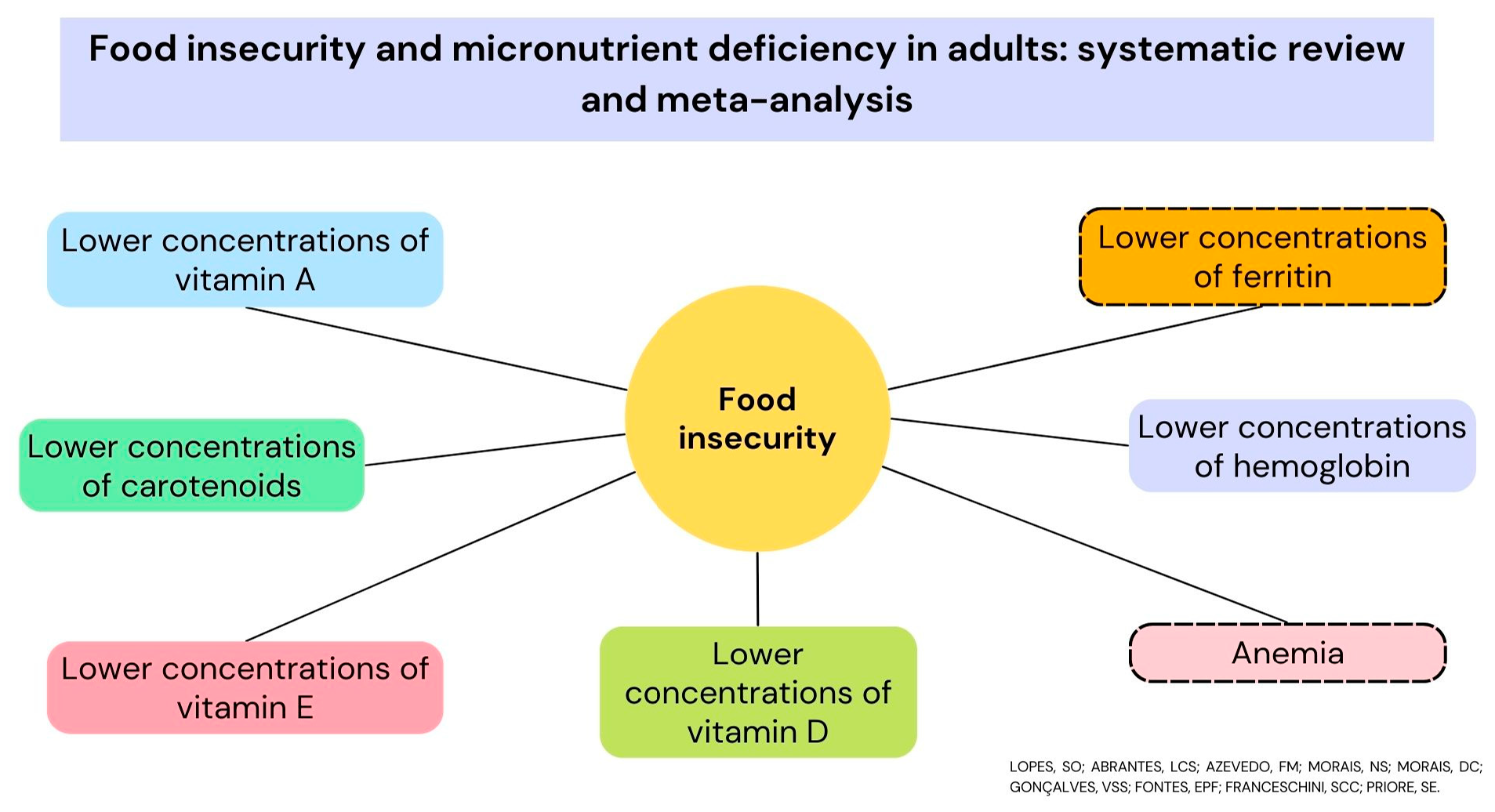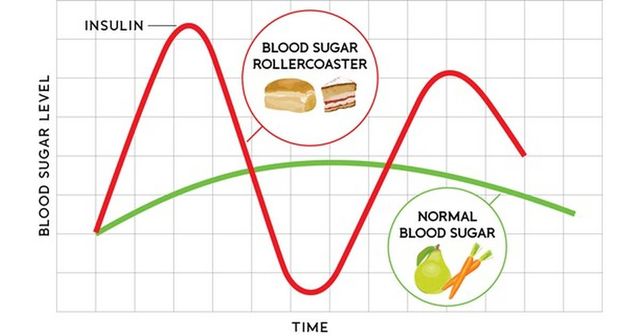Why You're Always Hungry While Dieting: The Two Main Culprits and How to Fix Them
Watch the related video:
If you've ever tried dieting but found yourself feeling ravenous all the time, you're not alone. Many people struggle with constant hunger despite their best efforts to eat less. In this article, we'll explore the two primary reasons behind this frustrating issue—nutrient deficiencies and insulin resistance—and provide practical tips to help you overcome it. Let's dive in.
There are numerous factors that can trigger hunger, but nutrient deficiencies and insulin resistance stand out as the biggest contributors. Understanding these can help you make smarter choices and finally get your appetite under control.
1. Nutrient Deficiencies
Your body needs a variety of essential nutrients to function properly, such as vitamins and minerals like magnesium. When it's lacking these, it can't simply alert you directly. Instead, it sends a general hunger signal to your brain, prompting that familiar stomach rumble. You interpret this as a need to eat, but really, your body is craving specific nutrients. If your diet is deficient in these key elements, the hunger signals intensify, leading you to overeat in an attempt to fulfill those unmet needs. The more nutrients you're missing, the stronger and more persistent those cravings become.

2. Insulin Resistance
Insulin resistance is a critical factor that impacts not just your hunger but your overall health and weight management. Every time you eat, your body releases insulin to regulate blood sugar levels. High-sugar foods—like soda, candy, cookies, or sugary drinks such as bubble tea—cause sharp insulin spikes. In contrast, low-sugar, nutrient-dense foods result in a more gradual and controlled insulin response.
This creates a vicious cycle:
- Blood Sugar Spikes: Consuming high-sugar foods causes your blood sugar to rise rapidly.
- Insulin Surge: Your body responds by releasing a large amount of insulin to handle the excess sugar.
- Blood Sugar Crash: The overabundance of insulin can drive blood sugar levels too low.
- Hunger Returns: Low blood sugar triggers intense hunger, fatigue, and cravings for more sugary foods.
This rollercoaster effect keeps you snacking constantly and contributes to unwanted weight gain.

Visualizing Blood Sugar Levels
To better understand this, consider two hypothetical graphs depicting blood sugar levels over a 24-hour period. The x-axis represents time (from midnight to midnight), and the y-axis shows blood sugar levels. A yellow line at 140 mg/dL marks the upper healthy limit—anything above is problematic. A red line at 70 mg/dL indicates the lower limit, below which health issues can arise.
Person 1: Stable Blood Sugar
This person's levels remain steady, fluctuating gently between 70 and 140. For example, after a nutrient-rich lunch like avocado and steamed eggs, their blood sugar rises smoothly to around 120 and then eases back to about 80. They feel full, energetic, and free from constant snack urges.
Person 2: Blood Sugar Rollercoaster
In contrast, this person's graph shows dramatic swings, soaring above 140 and dipping below 70. Imagine starting the day with a caramel macchiato loaded with syrup—their blood sugar spikes to 270. Insulin rushes in, overcorrecting and crashing it to 60 or lower. This leaves them hungry, mentally foggy, and desperate for more sugar, perpetuating the cycle throughout the day.


Why This Matters for Your Health
These blood sugar fluctuations go beyond mere hunger—they cause significant damage:
- Hormonal Imbalance: Excessive insulin disrupts hormone levels, leading to mood swings and emotional instability.
- Accelerated Aging of Blood Vessels: High insulin levels speed up vascular aging, which is why diabetes is often referred to as a "vascular aging disease."
- Adrenal Fatigue: Frequent low blood sugar prompts the release of stress hormones like cortisol. Over time, this strains the adrenal glands, resulting in chronic tiredness, weakened immune function, and conditions like acne or shingles.
Interestingly, both individuals might show an average blood sugar of 120 on a standard test, appearing normal. However, the second person's extreme highs (e.g., 200) and lows (e.g., 60) harm their brain, pancreas, and body over time. This pattern, built over 5 to 15 years of poor habits, can lead to prediabetes or diabetes.
Breaking the Cycle: Four Actionable Steps
The good news is you can regain control and reduce constant hunger with these practical strategies:
- Choose Low-Glycemic Foods: Avoid processed, sugary items like pastries or sodas. Instead, focus on proteins, healthy fats, and fiber-rich options such as nuts, eggs, or avocados. These stabilize blood sugar and keep hunger at bay.

Examples of nutrient-dense, low-glycemic foods like avocados, eggs, and nuts. - Boost Nutrient Intake: Ensure your diet includes plenty of vitamins and minerals. Foods like oranges or grapefruit contain natural compounds that can help suppress appetite.
- Prioritize Sleep: Insufficient sleep increases ghrelin, the hormone that stimulates hunger, leading to late-night cravings. Aim for 7-8 hours of quality rest each night.
- Manage Stress: Stress elevates cortisol, which can trigger hunger even when you're not truly in need of food. Incorporate practices like meditation, walking, or deep breathing to maintain calm.
The Big Picture
Constant hunger isn't about a lack of willpower or an oversized appetite—it's often rooted in nutrient deficiencies and insulin resistance disrupting your body's natural signals. Addressing these issues requires patience; conditions like diabetes develop gradually and can't be fixed overnight with shortcuts like insulin injections or extreme diets, which may exacerbate problems. Instead, commit to long-term habits: nutrient-packed meals, good sleep, and stress management.
By prioritizing these changes, you'll feel more satisfied, energized, and empowered in your dieting journey. Your body doesn't deserve the ups and downs of a blood sugar rollercoaster—give it the stability it craves for better health. If this resonates, share your own healthy habits in the comments below!

